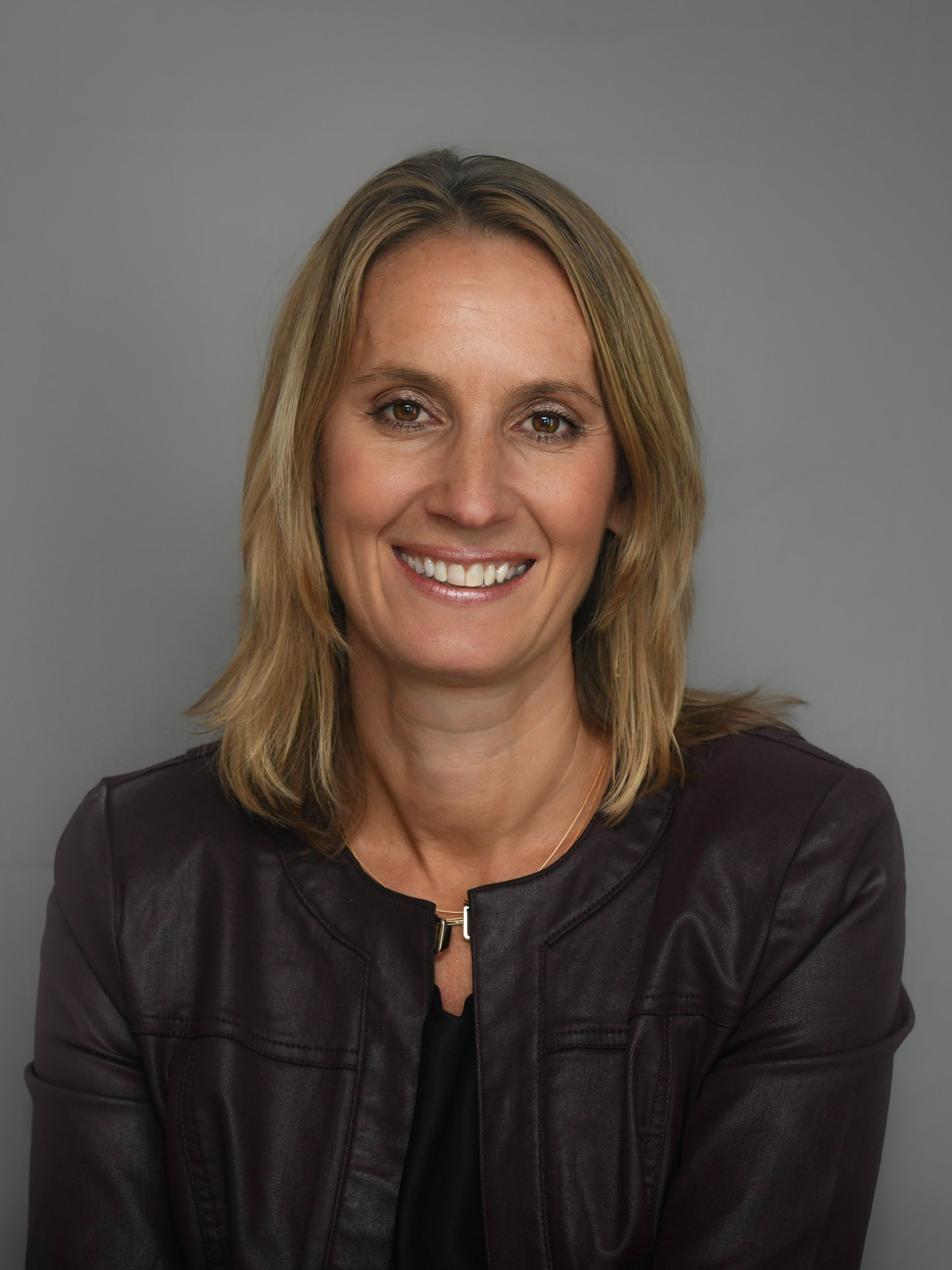Women Making A Difference: Sunny Schwartz
tl;dr
Restorative Justice Advocate: Sunny Schwartz’s RSVP program emphasizes accountability and healing, fostering transformative change in incarcerated individuals.
Gender-Responsive Solutions: Programs like Five Keys Home Free address trauma, providing critical support for women in the justice system.
Vision for Reform: Schwartz envisions prisons as spaces of rehabilitation, breaking cycles of violence and inspiring community reintegration.
Inside The Life Sentence: Sunny Schwartz on Healing, Hope, and Justice Behind Bars
Sunny Schwartz wants to build hope in the criminal justice system. For more than four decades, she’s pushed against the conventional boundaries, blending empathy with accountability in a system often focused solely on punishment. As founder of the Resolve to Stop the Violence Project (RSVP) and Five Keys Schools and Programs, Schwartz challenges inmates, especially men, to confront their choices, heal from past traumas, and envision futures they once believed impossible.
“Crime hurts everyone—victim, offender, community—and creates an obligation to make things right.” Sunny Schwartz
Schwartz’s journey took a significant turn in the mid-90s when she encountered restorative justice. “Crime hurts everyone—victim, offender, community—and creates an obligation to make things right,” she recalls, sharing the philosophy that drove her to launch RSVP, one of the nation’s first initiatives focused on restorative justice for incarcerated people with histories of violence. She shifts the focus from punishment to accountability, showing that meaningful change often comes from fostering a sense of responsibility.
For Schwartz, women in the criminal justice system are particularly underserved and it became another call to action by creating Five Keys Home Free, a gender and trauma centric housing program for convicted survivors of domestic violence and human trafficking. In her podcast, The Life Sentence, she highlights the inequities between men’s and women’s correctional facilities and reveals insights shared by a warden who observed stark differences in their attitudes. “The men walk around going, ‘I didn’t do anything wrong,’” she recounts him saying, “and the women are crying, saying, ‘I wish I didn’t do that.’” This contrast underscores the need for gender-responsive programming that addresses the unique needs of women, especially those with histories of trauma and abuse.
While some believe prisons are beyond redemption, Schwartz envisions a different future. She advocates for mandated programs in jail, arguing that these interventions are essential to breaking cycles of violence. “Some of the biggest resistors turned out to be the biggest stars.” Her goal is to transform jails from “monster factories” into spaces of rehabilitation, shaping inmates into engaged community members post-release.
Through her podcast and her ongoing work in criminal justice, Schwartz is proving that transformation is possible, even in places we least expect. Her vision for a system that fosters rehabilitation continues to inspire, challenging us to rethink what justice truly means.











